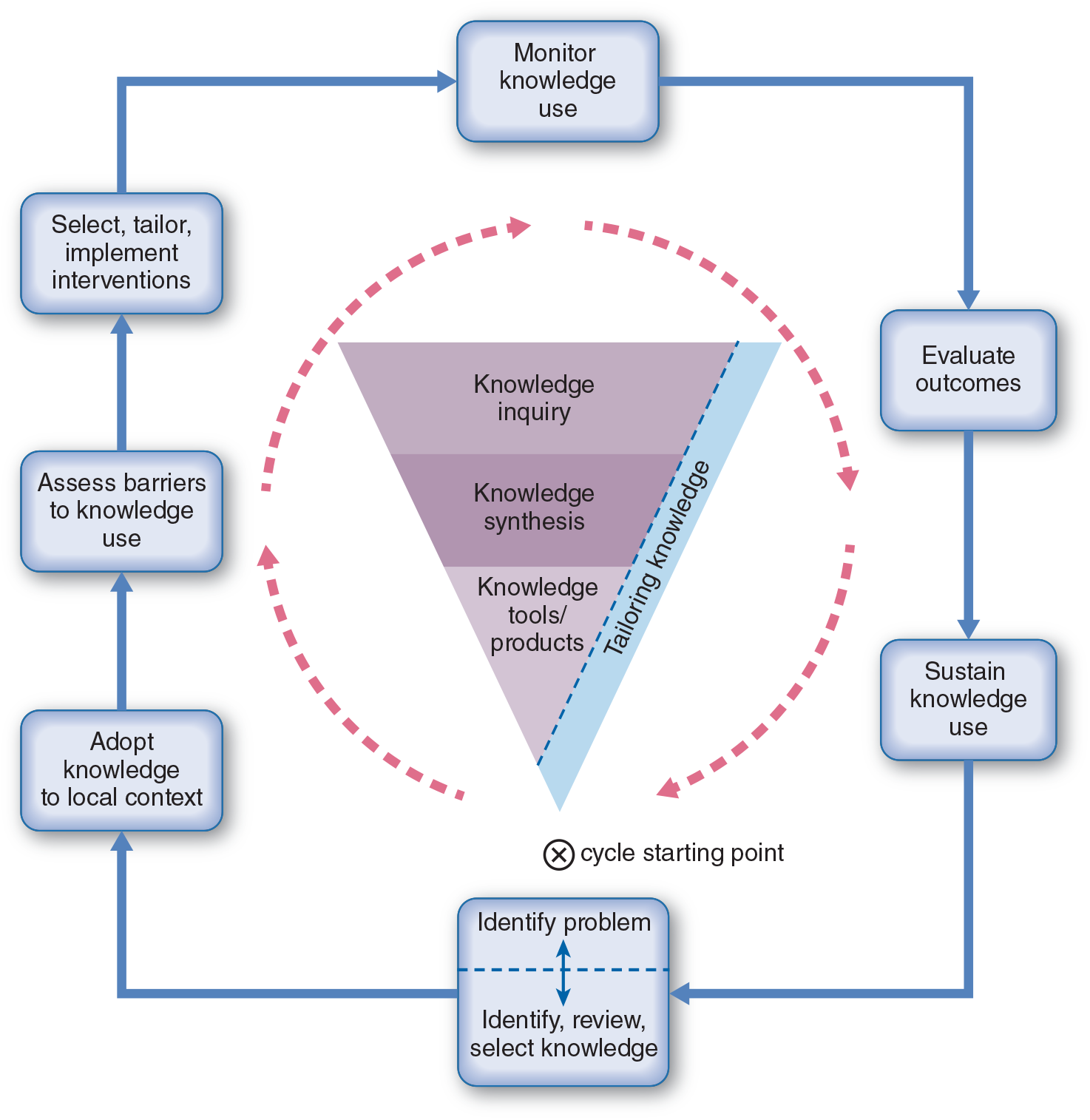In the ever-evolving landscape of education, the Knowledge-to-Action (KTA) Model stands out as a noteworthy approach to bridging the gap between what we know and what we do. Originating primarily in the field of healthcare, this model has found resonance across various disciplines, offering a structured yet flexible framework for translating knowledge into practical, real-world applications. But how can educators effectively incorporate this model into their teaching strategies? Below, we share some insightful tips to help guide you through this process.
Understanding the Knowledge-to-Action Model
Before diving into the tips, let’s take a moment to understand what the Knowledge-to-Action Model entails. At its core, the KTA Model is a process that transforms theoretical knowledge into practical applications through a series of steps: knowledge creation, synthesis, dissemination, application, and evaluation. By systematically moving from knowledge creation to action, this model ensures that valuable insights are not just learned but are also put into practice.
Tip 1: Start with Clear Objectives
Effective teaching begins with setting clear, achievable objectives. When utilizing the KTA Model, these objectives should focus on not only acquiring knowledge but also on how that knowledge can be applied in practical settings. Encourage students to think about real-world problems their knowledge could solve, thereby creating a direct link between learning and action.
Tip 2: Encourage Active Engagement
Active engagement is crucial in the KTA Model. Encourage students to participate in discussions, workshops, and simulations that mimic real-world scenarios. This engagement helps students move beyond passive learning, fostering a deeper understanding of how theoretical concepts can be transformed into actionable strategies.
Tip 3: Utilize Diverse Teaching Methods
Diverse teaching methods can significantly enhance the application of the KTA Model. Combine traditional lectures with interactive elements such as group projects, case studies, and technology-based tools. These varied approaches cater to different learning styles and keep the educational experience dynamic and inclusive.
Tip 4: Foster Collaborative Learning
Collaboration is a key component of the KTA Model. By fostering a learning environment that values teamwork, students can share insights and approaches, building a collective understanding of how to apply their knowledge. Consider incorporating group assignments and peer reviews to facilitate this collaborative spirit.
Tip 5: Implement Continuous Feedback
Feedback is essential in transitioning from knowledge to action. Provide students with continuous, constructive feedback on their application efforts. This feedback loop not only helps students refine their skills but also encourages a culture of improvement and adaptation, which is central to the KTA Model.
Tip 6: Emphasize Reflection
Reflection is a powerful tool for cementing learning. Encourage students to regularly reflect on their experiences and the outcomes of their actions. This reflection helps them understand the connection between theory and practice, and how they can adjust their strategies for better results in the future.
Tip 7: Integrate Real-World Applications
Finally, integrate real-world applications into your teaching. Use case studies, guest speakers, or field trips to demonstrate how the KTA Model operates beyond the classroom. This exposure not only enriches the learning experience but also inspires students by showing the tangible impact of their knowledge.
In Translation of Evidence into Nursing and Healthcare, the Knowledge to Action (KTA) process uses "action" to reach a broader audience beyond clinicians. The model depicts the translation process as a funnel, were new knowledge flows through stages until adoption. At the wide end, it includes inquiry and primary research, which then narrows as knowledge is synthesized into tools for application. Knowledge producers can tailor activities to specific research questions or user needs. The KTA action cycle implements knowledge using planned action theories to facilitate change. Feedback loops connect all phases, and the KTA cycle consists of seven phases that outline common elements in the translation process.




